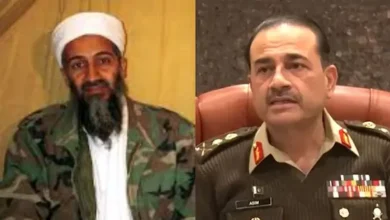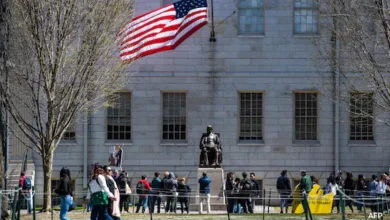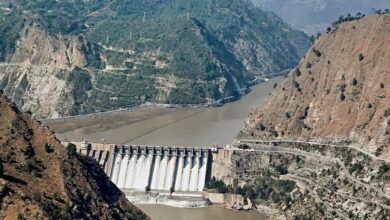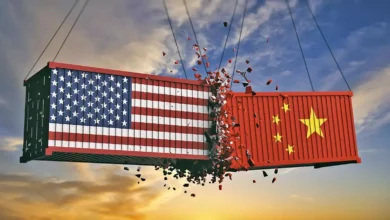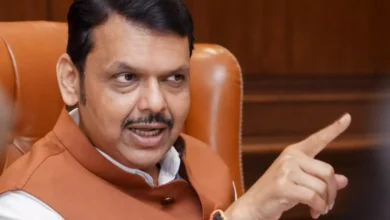Trump Orders Overhaul of US Elections, Citing India as Model
Trump's executive order requires voter proof of citizenship, more stringent mail-in ballot requirements, and prohibits foreign donations, citing India as a model of election security.

President Donald Trump signs an executive order implementing sweeping election reforms, such as proof of citizenship for voter registration, strict deadlines for mail-in ballots, and prohibition of foreign donations. He points to India‘s biometric voter ID system as a model for election security.
Washington, D.C.: President Donald Trump on Tuesday signed an executive order as part of a sweeping effort to overhaul the US electoral system, ordering major overhauls that include demanding documentation of citizenship when registering to vote, restricting absentee ballots, and strengthening security measures on vote tabulation.
Trump, who resumed office in January after winning over Democratic nominee Kamala Harris, justified the order as a move towards making “free, fair, and honest elections unmarred by fraud, errors, or suspicion.”
Major Election Changes Under Trump‘s Order
Proof of US Citizenship for Voters
The executive order directs that the federal voter registration application be modified to include documentary evidence of citizenship, like a US passport or birth certificate. Trump claimed that numerous nations, including India and Brazil, have more stringent voter verification processes than the US.
“India and Brazil are linking voter identification to a biometric database, and the United States is relying heavily on self-attestation for citizenship,” Trump said, highlighting the importance of enhanced election security.
The order also instructs states to share their voter rolls and maintenance records with federal agencies, including the Department of Homeland Security, for examination. States that do not cooperate in prosecuting election fraud could see federal grants reduced.
Mail-In Ballots Must Be Received on Election Day
One of the biggest changes implemented by the order is the fact that all mail-in and absentee ballots must be received on Election Day. The move may affect voting in states that already count ballots with an Election Day postmark, as long as they are received after.
Trump used Denmark and Sweden as examples, saying that those countries “sensibly limit mail-in voting to those unable to vote in person“ and do not count late-arriving ballots.
Restrictions on Electronic Voting Systems
In an attempt to enhance election security, the executive order instructs the Election Assistance Commission to guarantee that voting systems do not count on ballots that employ barcodes or QR codes for tabulation. The commission has been requested to review and re-certify the voting systems within these new guidelines within six months.
Foreign Donations Prohibited in US Elections
Trump‘s order also bars foreign nationals from contributing or donating in US elections, focusing on issues regarding foreign interference.
“Foreign nations and organizations have taken advantage of loopholes to pump millions of dollars into our election system,” Trump said, terming it a direct assault on American democracy.
Political and Legal Challenges Expected
The executive order is likely to encounter strong legal and political pushback, mainly from Democrats and voting rights activists, who believe that more stringent voter ID legislation and restrictions on mail-in voting could disenfranchise voters. Most legal scholars think the order can be contested in courts because election rules are largely set by individual states.
As Trump proceeds with his election overhaul, the fight for voter rights and election integrity will take center stage in the run-up to the next presidential election.



